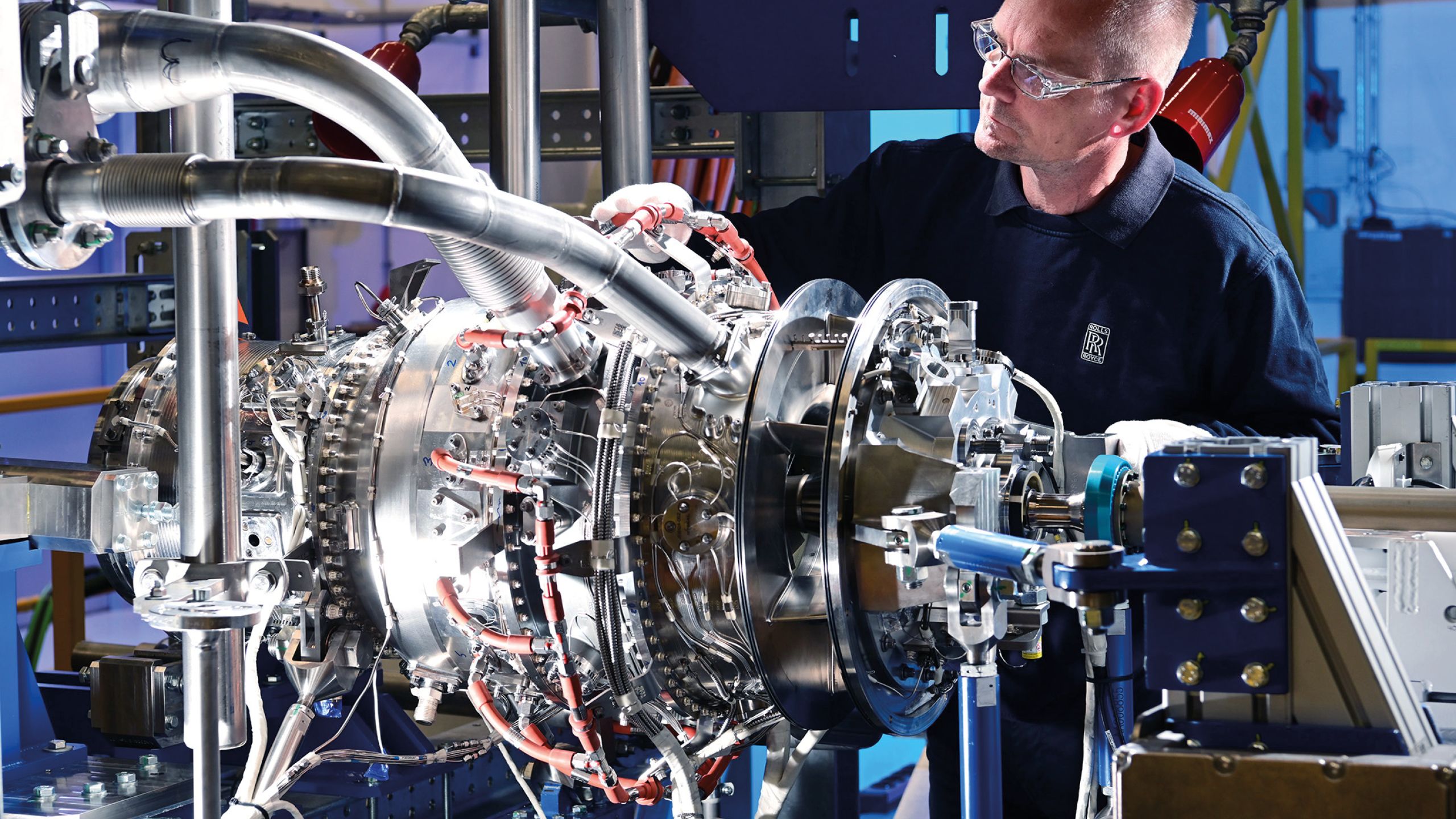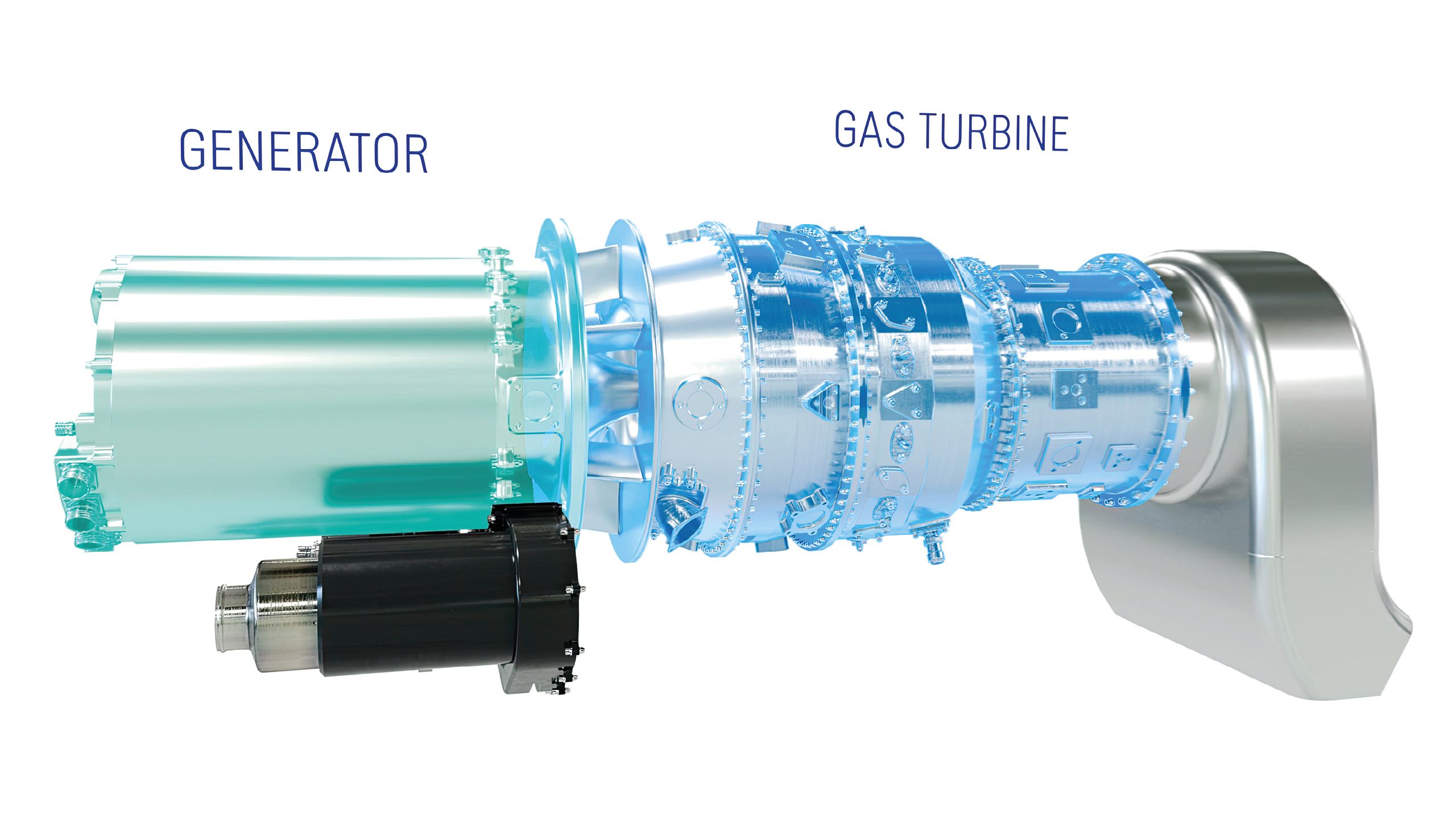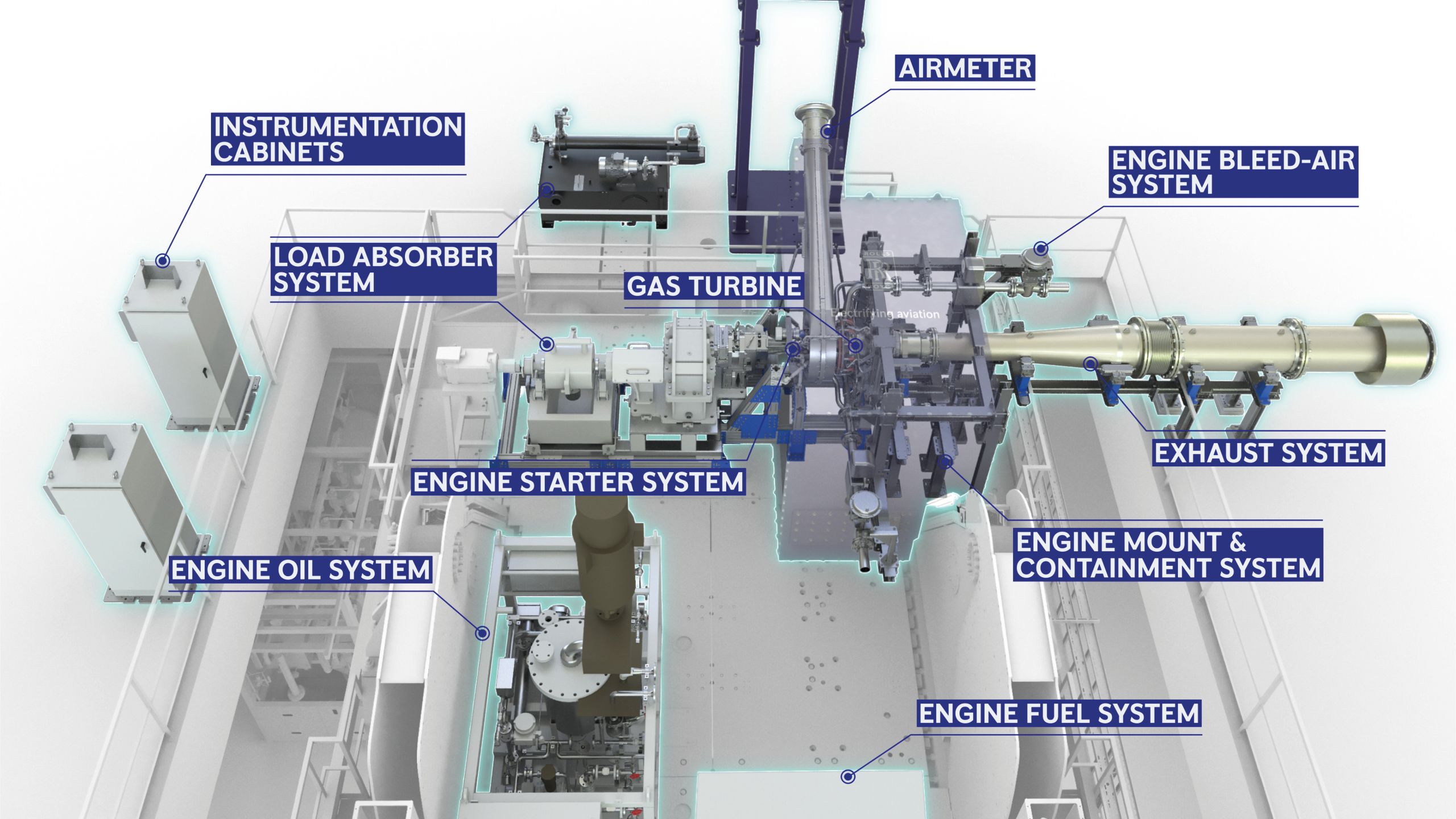Rolls-Royce tests small gas turbine for eVTOLs
Gas turbine could aid launch of new style of aircraft with low emissions

A new small gas turbine developed by Rolls-Royce for hybrid-electric flight has completed its first fuel burn. The engine uses new combustion technology for ultra-low emissions and will form part of a lightweight turbogenerator system.
It’s been designed for advanced aerospace applications, including electrical vertical take-off and landing (eVTOL) aircraft, a new category of flying machines aimed at shorter flights with lower passenger numbers. There are also potential applications in the defence market.

“The first fuel burn of our brand-new small gas turbine is a significant leap forward with successful stages throughout the test from light-up to the pull-away of the system,” said Matheu Parr, customer director, electrical at Rolls-Royce.
“This significant achievement follows the fast-paced development time of the new gas turbine from concept freeze to ‘pass to test’ in under two years. The turbogenerator system will enable our customers to extend the routes that electric flight can support and means more passengers will be able to travel further on low and potentially net-zero emissions aircraft.”
This technology will serve as an in-flight power source, boasting an adaptable power range spanning from 500kW to 1,200kW. This will facilitate extended travel distances, particularly when utilising sustainable aviation fuels and, in the future, transitioning to hydrogen combustion technology. The implications of this advancement are vast, promising the creation of novel, longer flight routes that exceed the current capabilities of electric battery-powered aircraft.

“With this achievement we have proven we can apply our expertise to novel designs and are able to test them on a very quick timescale,” said Parr. “This capability will help Rolls-Royce to deliver the products that will help us on our path to net zero within the ambitious industry timelines of the advanced air mobility market.”
You're reading a brand new digital publication from the team at Professional Engineering. We'd love your feedback: let us know what you think at profeng@thinkpublishing.co.uk
